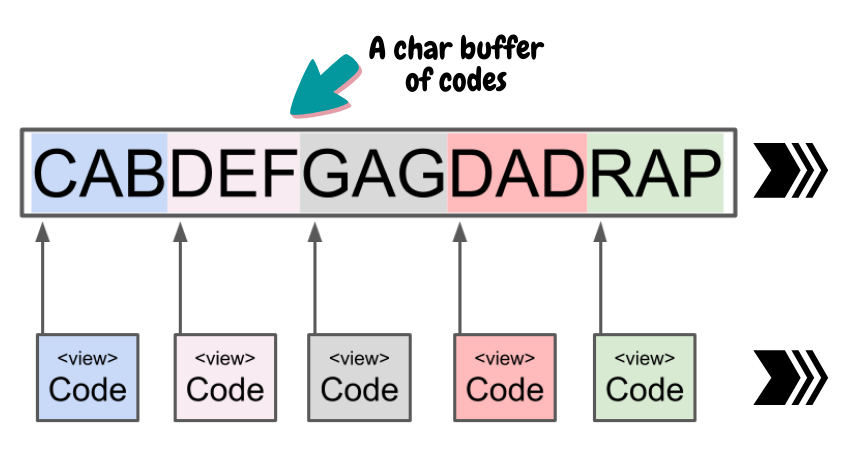Differences between std::string_view and std::span -- nextptr
A comparison of string_view and span.

Differences between std::string_view and std::span
by nextptr
From this article:
As for the differences between the two, the std::span<T> is a general-purpose array view template, whereas the std::string_view is a more specialized view on a char sequence or string.
